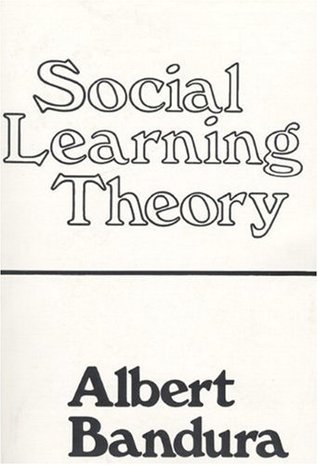În contextul grevei din învățământul românesc, am decis să continui această carte începută acum o jumătate de an. Am citit anumite pasaje atunci cand aveam nevoie de ajutor pentru anumite studii de caz, căci oferă o perspectivă profundă asupra teoriei învățării sociale.
Cartea explorează modul în care oamenii învață prin observație și interacțiune socială, subliniind rolul modelării comportamentului și al consecințelor acestuia în procesul de învățare. Cu această idee vreau sa rămân în minte pentru viitor, când voi deveni părinte sau voi preda, cine știe?
Unul dintre conceptele centrale ale cărții este conceptul de "autoeficacitate". Bandura susține că încrederea în abilitățile proprii și percepția individuală asupra capacității de a reuși într-o anumită situație joacă un rol crucial în învățare și performanță. Autorul evidențiază importanța modelelor de rol, care pot influența comportamentul și motivația celorlalți prin exemplul personal și prin consecințele observate.
Ne sunt oferite, de asemenea, analize detaliate ale procesului de învățare observațională și explică cum factorii cognitivi, emoționali și motivaționali pot influența acest proces. El examinează, de asemenea, conceptele de atenție, retenție, reproducere și motivație și oferă exemple relevante pentru fiecare aspect al învățării sociale.
Un aspect important de menționat este că această carte a fost publicată acum mai bine de patruzeci de ani, iar în acest timp cercetările și teoriile din domeniul psihologiei și educației au avansat semnificativ. Prin urmare, este recomandat să fii conștient de contextul temporal în care a fost scrisă cartea.
Da, este o lectură valoroasă, o să o pun pe lista putinelor cărți de dezvoltare personală pe care le-am citit. Căci este mai mult decât psihologie aici. Este o întoarcere în timp, în vremea când doar școala mă modela pentru o societate ce nu exista în realitate, nici măcar prin paginile manualelor vechi de zece ani.

